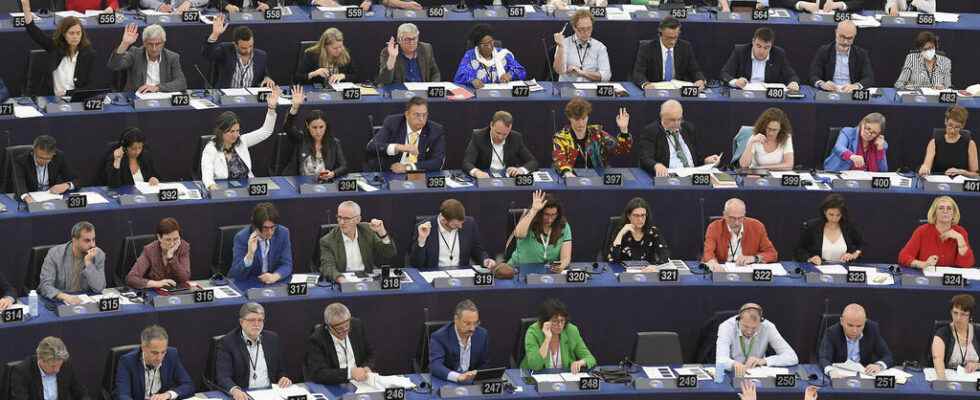For the European institutions, the lobbying of Neelie Kroes in favor of Uber is a task. The intercession of the former commissioner in charge of digital with the Dutch authorities is for several MEPs in contravention of the ethical rules of the European institutions. The pressure is not falling in Brussels to improve these rules and their respect as well as the rules which govern lobbying.
With our office in Brussels,
For several MEPs, the case is heard : whether Neelie Kroes actually acted in favor from Uber in 2015, she broke the rules. On the one hand, she did not respect the 18 months of the reserve period, which prohibited her from working in the sector of her former portfolio, and on the other hand, she did not respect the formal prohibition issued by the Commission following his request to work for Uber.
The code of conduct of former Commissioners must be applied more strictly. Twenty-two MEPs from the Socialist Group and the Ecologist Group have written to the European Commission asking for an investigation to be opened. Such a procedure could lead to a referral to the Court of Justice of the European Union with the deprivation of the retirement pension paid to former commissioners.
The renewed debate on transparency rules for lobbying
In the same vein, a request has been made to the Speaker of Parliament to investigate the activities of Uber lobbyists and possibly bar them from entering Parliament if they have indeed concealed their links to Neelie Kroes.
The debate on the effectiveness of transparency rules for the lobbying is therefore relaunched and the idea of creating a single body responsible for the ethics of the institutions of the European Union finds new justification.
Above all, this gives new impetus to the proposal made in December by the Commission to fight against uberisation, namely that platform workers should by default be considered as employees.
